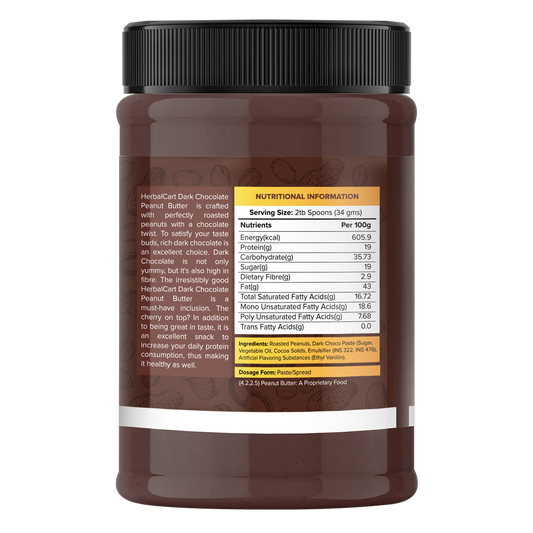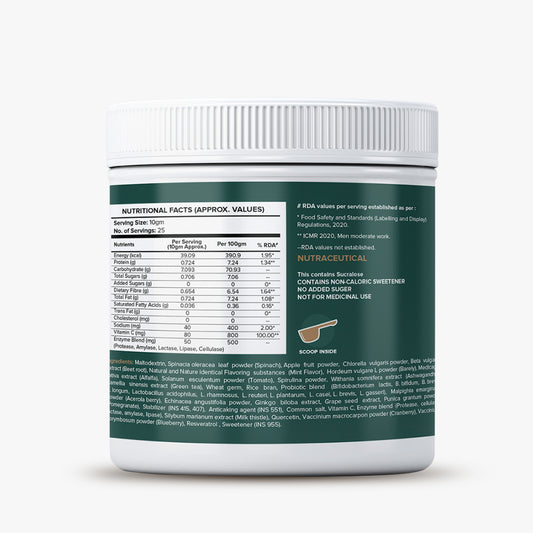Life goes on in phases. Up till 20, one doesn’t even have to think about health or fitness. From 20-35 years of age, you are in the prime of your health, and problems like obesity, weight gain hardly ever bother you. However, once you reach the end of your thirties and start to enter the 4th decade of your life, problems like weight gain become common and utterly frustrating. Research says that weight gain after the age of 40 is inevitable even if you have been exercising regularly and keeping a check on your diet.
Weight gain doesn’t happen overnight, it is a slow and gradual process. Age-related weight mostly settles around the belly area and doesn’t seem to respond to diet-control or exercise. If you genuinely want to prepare for the future, the most sensible thing is to begin exercising regularly from your twenties.
Is this problem really unbeatable? Is there no way to be fit and in perfect shape after crossing 40 years of age? Well, there is a solution, but first, it is crucial to understand why this happens and the major factors that are responsible for weight gain after the age of 40. Let’s understand what causes this weight-gain and then we will tell you how you can control and minimize it using simple tricks and slight changes in your lifestyle.
What is age-related weight gain?
Age-related weight gain is unconventional as most of the fat starts accumulating near the belly which makes you look fat and rotund more like Homer Simpson from the famous cartoon series ‘The Simpsons.’ Unfortunately, it happens even if you are not eating 10 donuts a day.
Age-related weight gain can cause a lot of frustration and is usually an end result of several voluntary and involuntary factors. It is not something you can get entirely rid of, but it can be controlled up to an extent. Age-related weight is a phenomenon that greets you once you start approaching the fifth decade of your life. It is a combination of several factors which are discussed in detail below.
Why do we gain weight as we age?
As mentioned earlier, a combination of factors goes into age-related weight gain. Post 40, our body undergoes several hormonal changes, metabolism slows down and loss of muscular tissues contributes to weight gain. Sometimes, it is also genetic and the body simply has a tendency to harbor more fat as it gets older.
1. Hormonal changes: This is one of the primary reasons for the continual increase in weight. During the mid-30s and onset of the 40s, the body undergoes major sex-related hormonal changes. Testosterone levels in men and estrogen levels in women decline which accelerates the deposition of fat in the middle section of the body. This looks grotesque as this weight gain is only in the belly area and other limbs stay the same or grow thinner, causing one to look more rounded and fat.
2. Genetics/heredity factor: If the genes handed down to you by your forefathers are dictating the bulging belly, you will gain weight sooner or later. If your grandfather or father gained weight after 40, there is a high probability that you too will share the same fate. If your body is genetically prone to gain weight, it is tougher to reduce extra fat and no matter how much you try, the holes in your belt keep on moving farther from the buckle.
3. Lower metabolism rate: Once you cross 40, the basal metabolism rate (BMR) starts to drop, and more importantly, the body responds less to exercise as the body expends less total energy during exercise (TEE). For every 10 years after the age of 40, the rate of metabolism drops by 5%.
4. Loss of muscle tissue: As the body gets older, it loses muscle tissues. This is important because muscles help prevent the accumulation of weight. Muscles have a fast metabolism rate and loss of muscle tissue is a major reason for the drop in metabolism in the body. Muscle loss is also accelerated with a decline in physical activity and exercise. It can be prevented by regular exercise.
Regular exercise, a healthy lifestyle, and a good diet can keep your body-weight constant over the years. However, this equation changes completely once you cross 40. Weight troubles start appearing and it is not actually the weight gain but rather the accumulation of mass in a particular area that causes your overall appearance to suffer. However, those who have been working out regularly throughout their twenties are still in a much better position than those who haven’t.
Age-related weight gain cannot be prevented by only a healthy lifestyle or even exercise; however, it makes a slight difference but cannot protect you entirely from it. According to research, age-related obesity occurs even in those individuals who indulge in daily exercise. As we get older, our bodies are able to tolerate less strenuous exercise, and the capability of lifting weights also decreases significantly.
Once you reach your 40s, your body is busy fighting age, fatigue, diseases, injuries, stress, juggling jobs, and family life and there is hardly any time to focus on slowing weight gain. However, there are a few ways in which you can reduce your belly fat and feel more at ease and less frustrated.
Read more: The Ultimate Guide to Losing Love Handles
How to stop gaining weight?
1. High-intensity weight training: Interval training and workouts that condition your metabolism can be useful in burning extra calories. Instead of trying a long slow routine of minimal exercise, try shocking the muscle and doing an extensive workout even if for a short time interval.
2. Circuit training & endurance building: Cardio workouts and endurance exercises elevate heart rates and improve metabolism, helping burn more calories and fat. A regular cardio routine coupled with running does the job of keeping the belly fat in check.
3. Increase frequency & duration of the exercise: Add more minutes to your workout time and workout for more days of the week to pump up the calorie burn. You can also try double cardio workouts; one in the morning and one in the evening.
4. Lead an active lifestyle: Take a walk instead of going to the market in your car. Cycle to work, swim daily and track your activity to monitor your progress. Be active and engage in more physical work instead of using machines for every little task.
5. Focus on your diet: Cut down on the sugar and processed carbs. Include more vegetables and fruits in your diet. Introduce fiber-rich foods in your diet and keep off the alcohol and junk food.
6. Seek professional help: If you have exhausted all the above options and still feel that there is no progress, you can try hiring a professional trainer or nutritionist that can draw up your exercise routine and diet plan. You can also get yourself checked out by a doctor to find out the reason for the problem.
Diet, stress levels, exercise, sleep, rest, etc. all play a major role in weight control, and keeping a conscious mind towards all these things can be very helpful in this regard. You can also change your technique and experiment until you find a routine that works for you.
1. Lose age-related weight: Exercise up to 350 minutes every week, more frequent and more vigorous exercise works for some people but it is suggested that you scale up gradually and go easy on the weights. More cardio and running can help lose the extra calories.
2. Work on preventing weight gain and accumulation around the belly: You can try weight loss programs for 30 days or longer duration. Moderate exercise also helps out in this.
3. Focus on being healthy: Indulge in healthy habits, like 30 minutes of exercise every day or walking briskly daily. You can also set goals for yourself like running a marathon, cycling or swimming daily.










































































